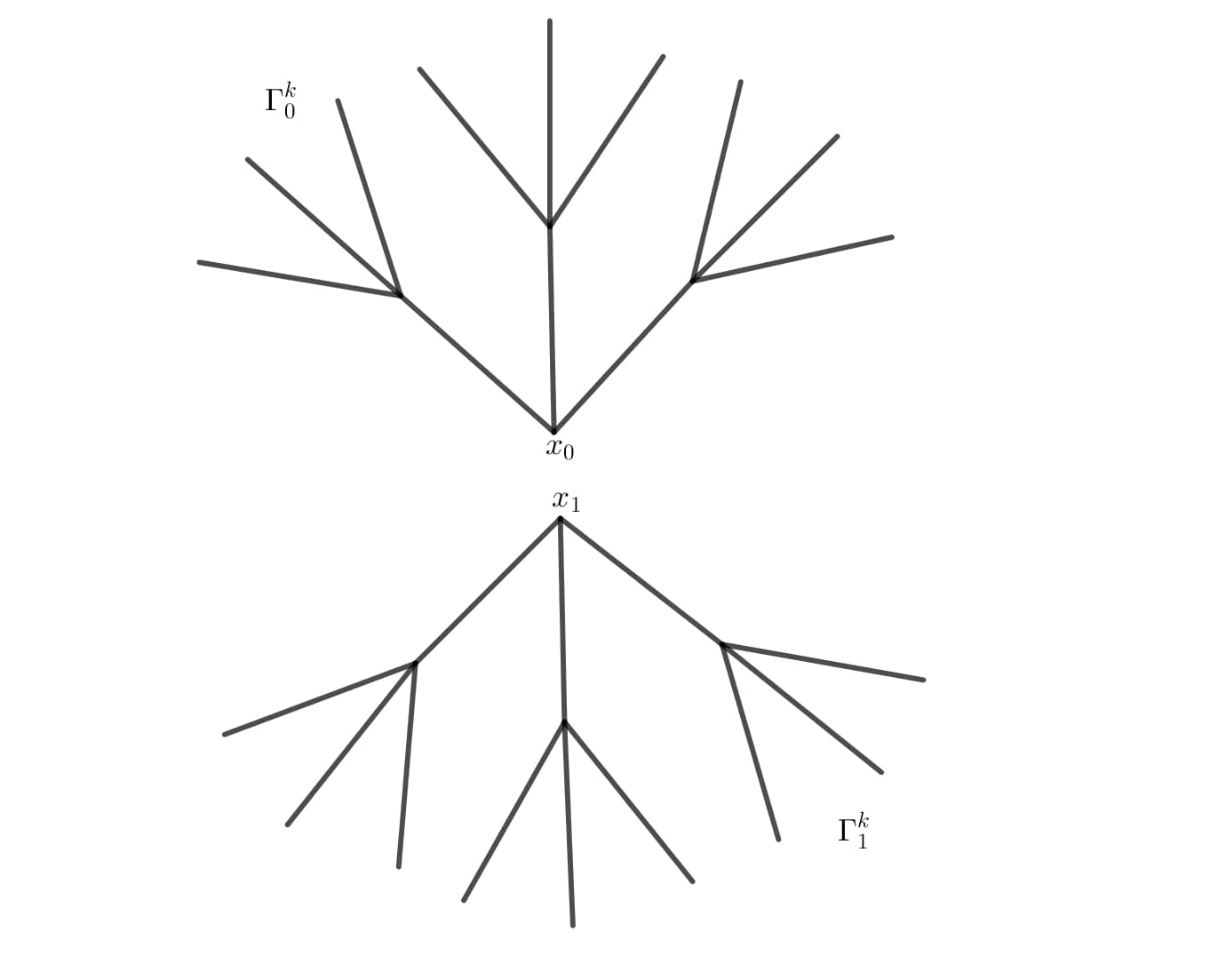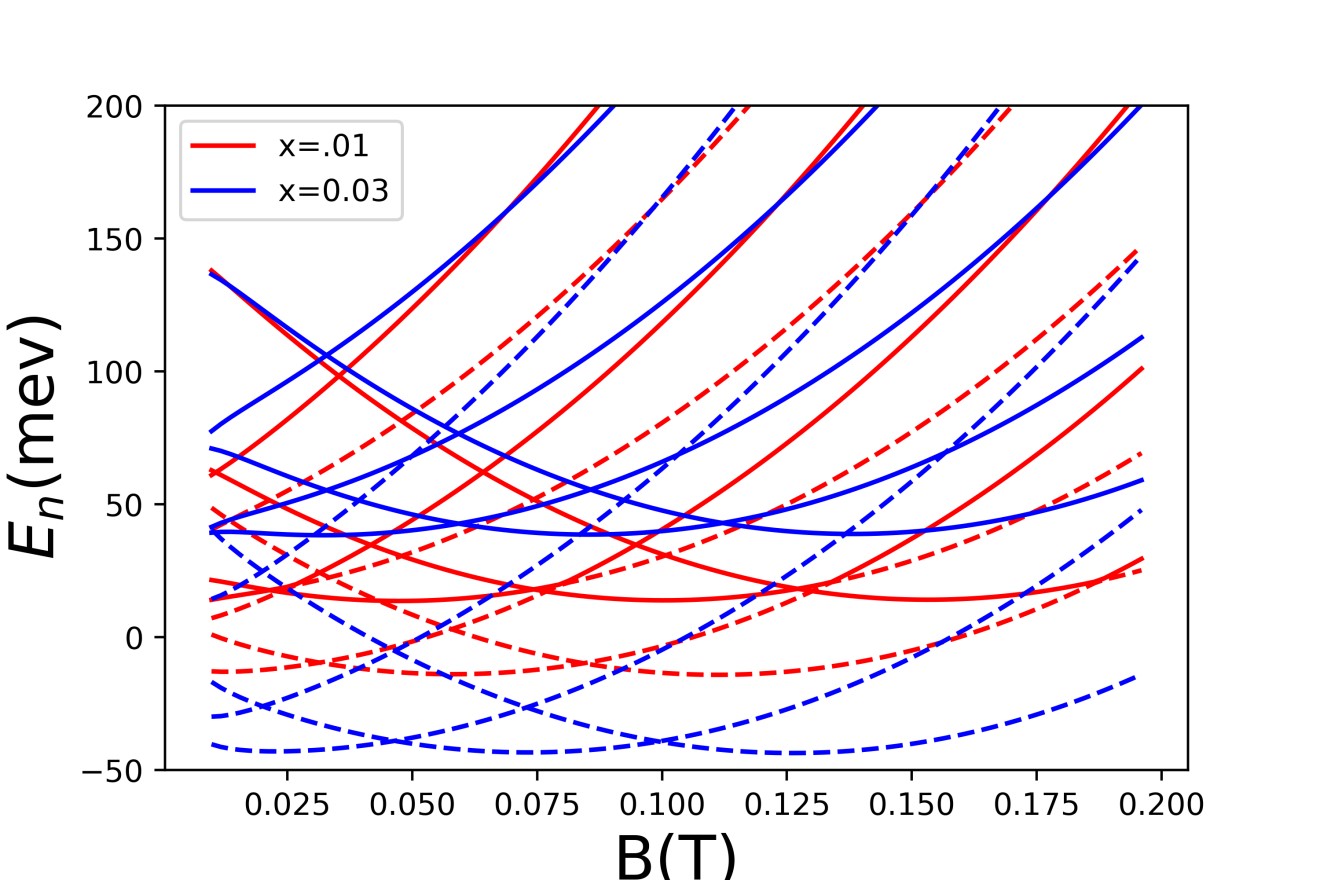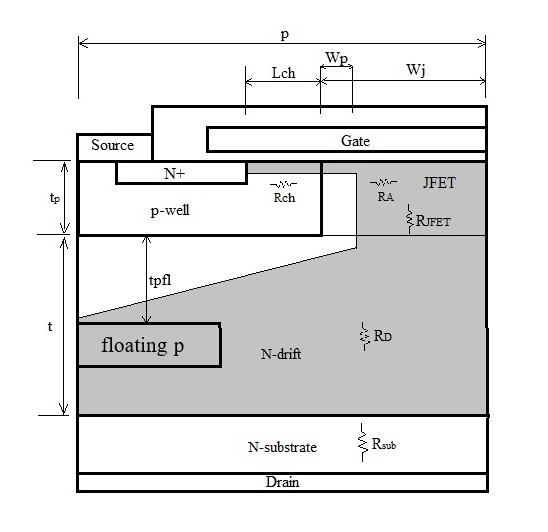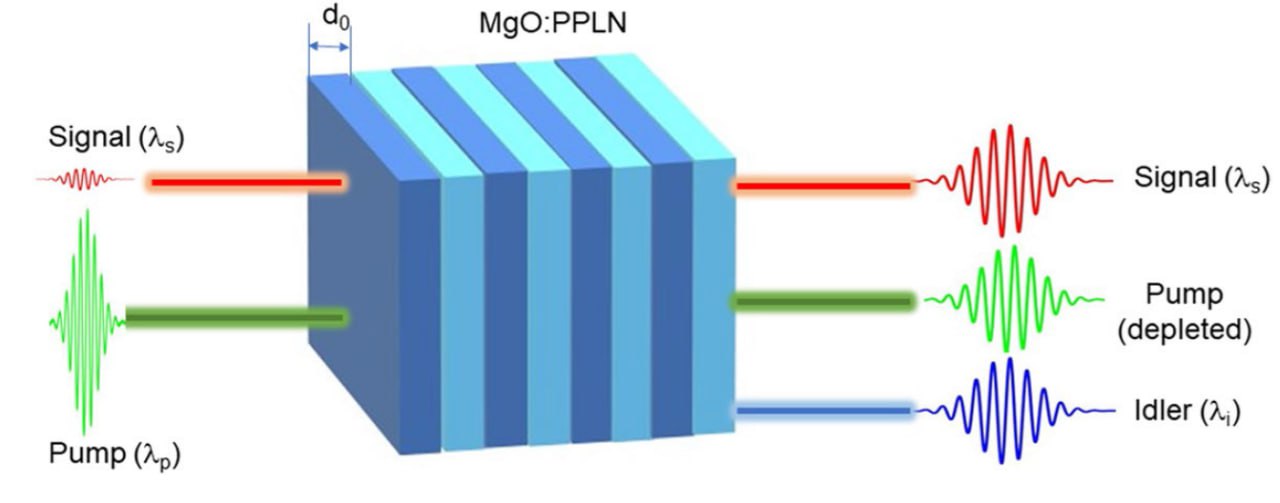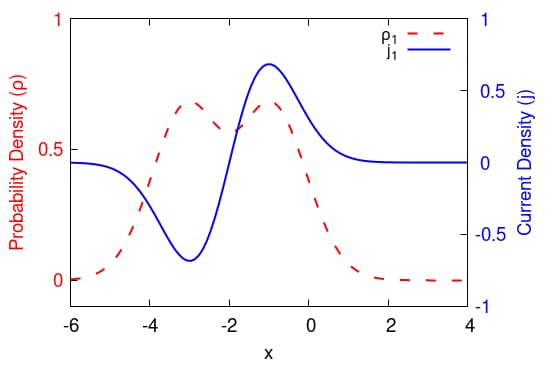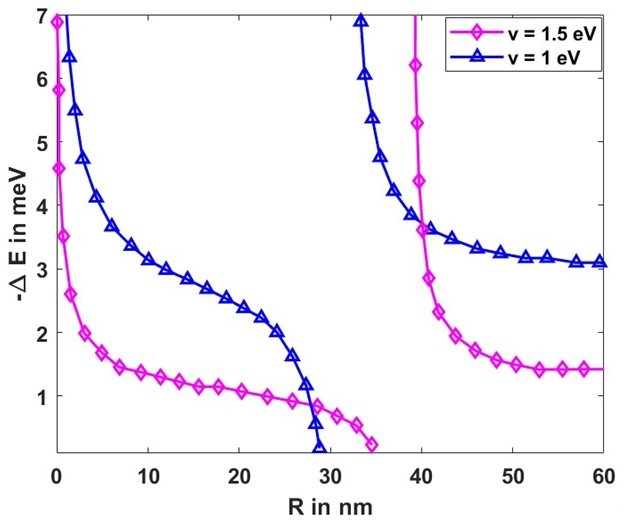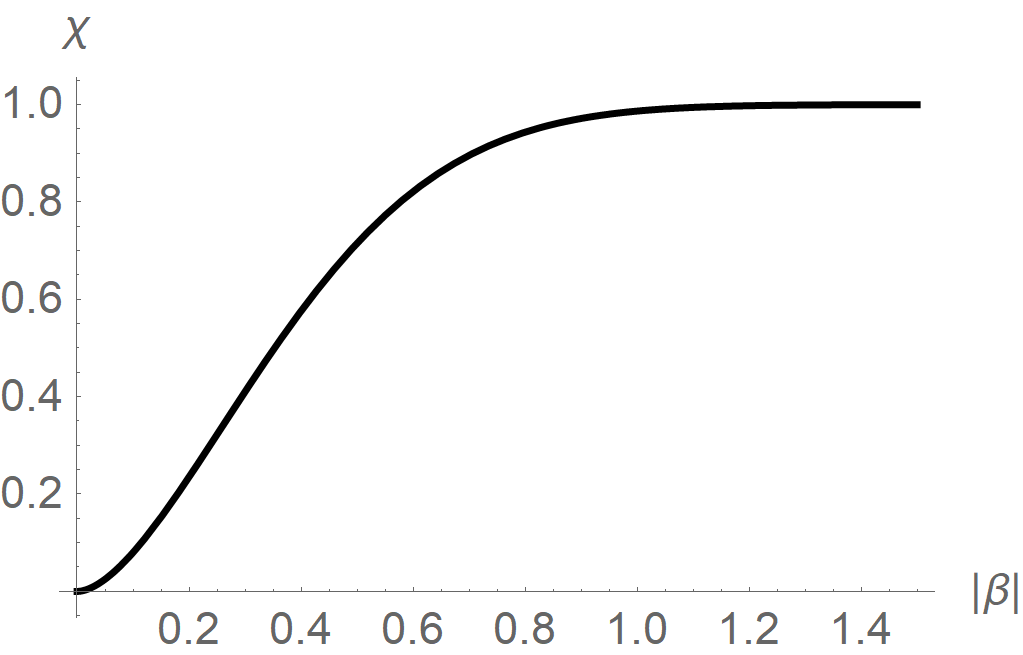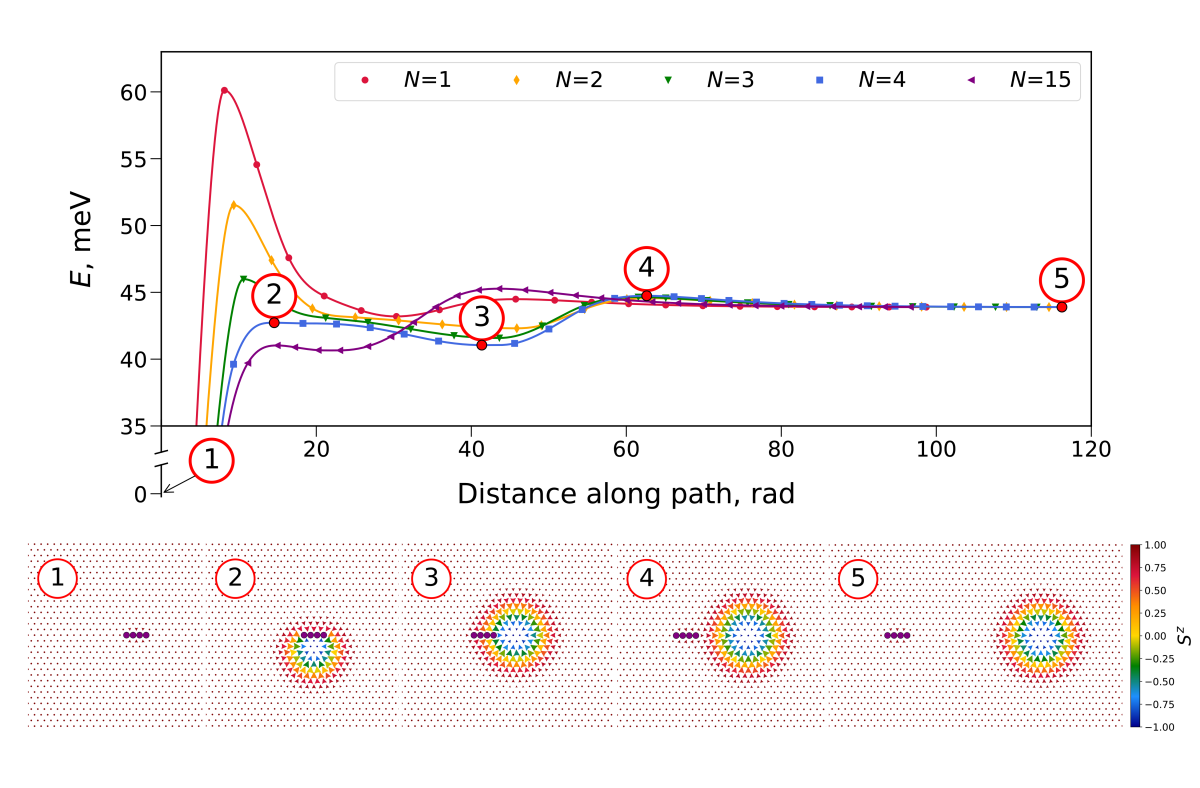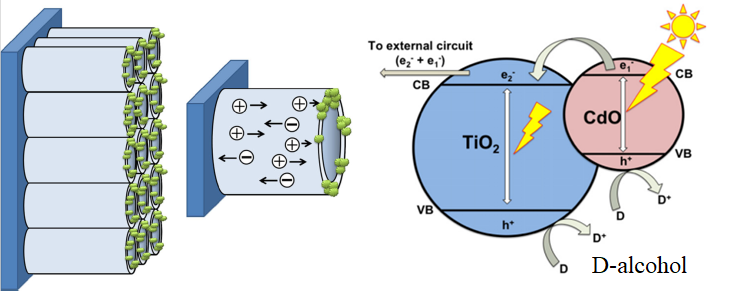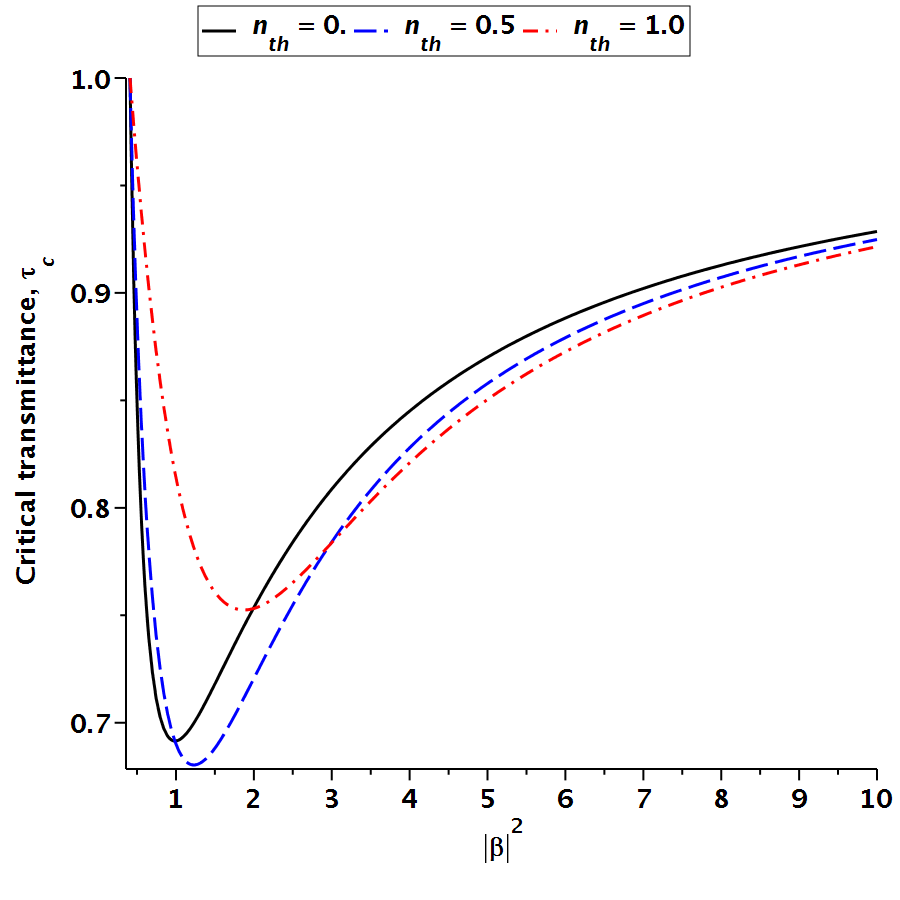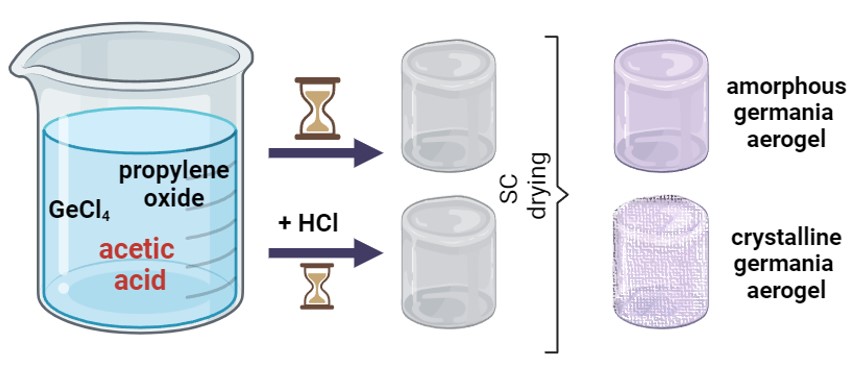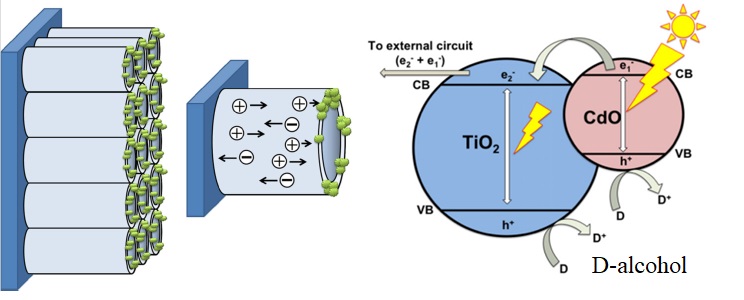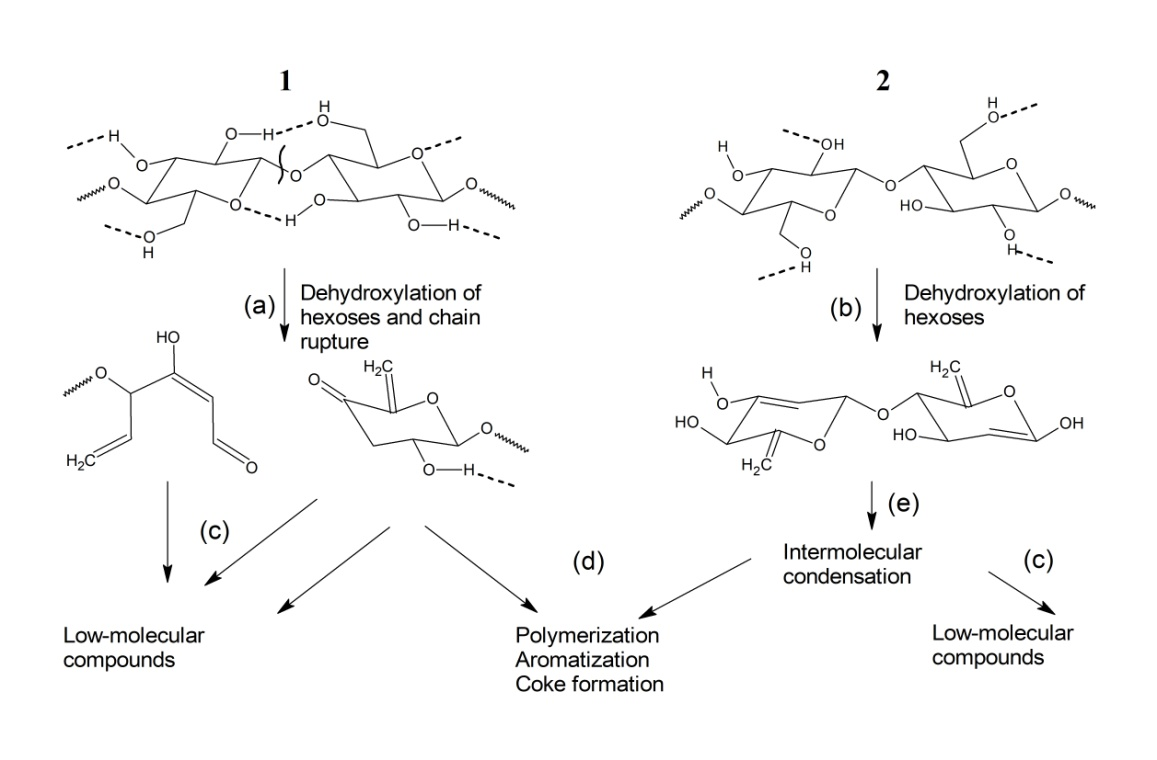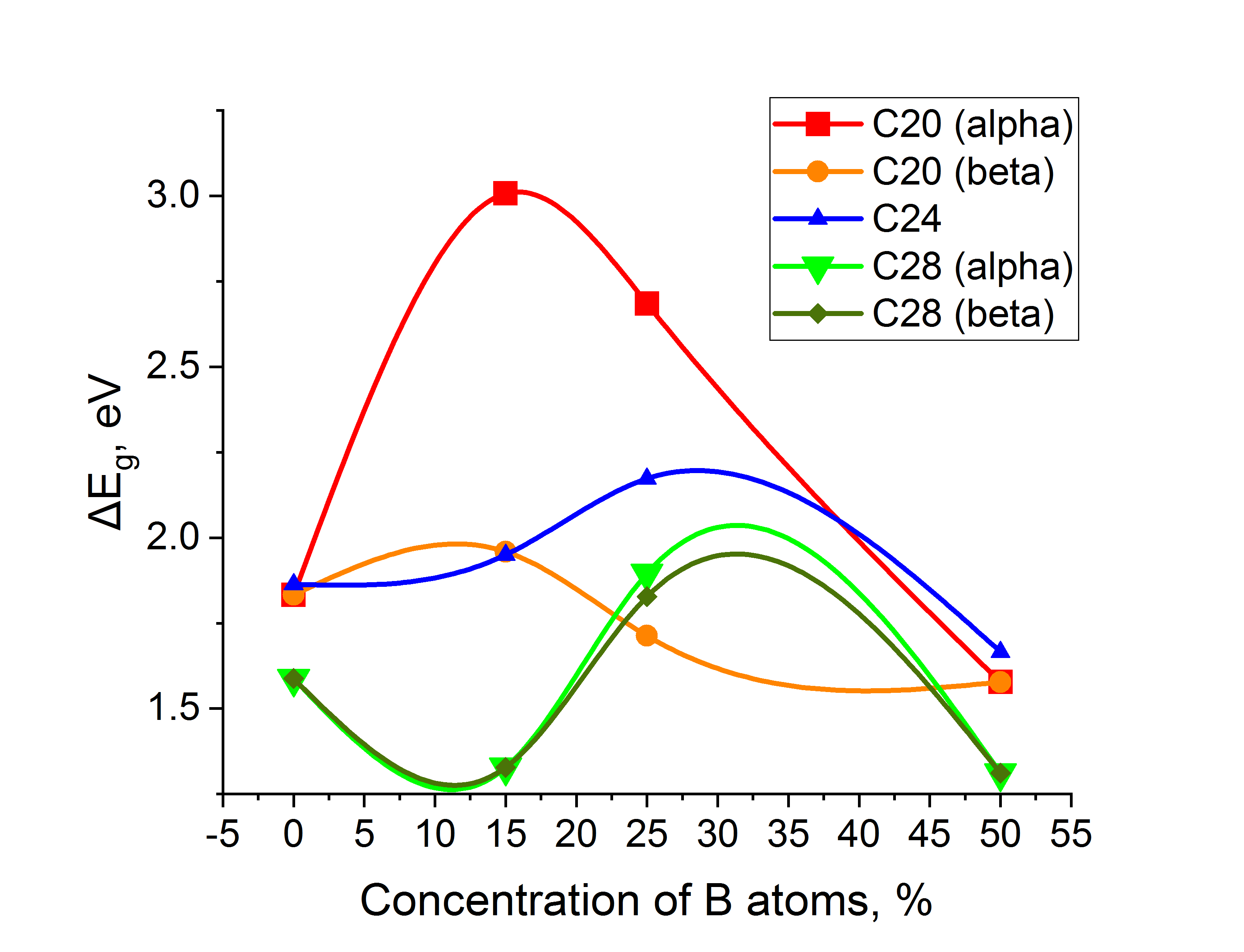
Our journal "Nanosystems: Physics, Chemistry, Mathematics" is devoted to fundamental problems of physics, chemistry and mathematics concerning all aspects of nanosystems science. It considers both theoretical and experimental problems of physics and chemistry of nanosystems, including methods of their design and creation, studies of their structure and properties, behavior under external influences, and the possibility of use. We accept papers directly or conceptually related to the key properties of nanosystems. Nanotechnology has required the creation of new methods of mathematical modeling and mathematical physics, as well as the development of existing methods for their extension to the study of new objects, many of which were previously simply absent. The corresponding mathematical problems will be covered in our journal. The scope of the journal includes all areas of nano-sciences. Papers devoted to basic problems of physics, chemistry and mathematics inspired by nanosystems investigations are welcomed. Both theoretical and experimental works concerning the properties and behavior of nanosystems, problems of their creation and application, mathematical methods of nanosystem studies are considered. The journal publishes scientific reviews (up to 30 journal pages), research papers (up to 15 pages) and letters (up to 5 pages). All manuscripts are peer-reviewed. Authors are informed about the referee opinions and the Editorial decisions.
Current issue
MATHEMATICS
In this paper, we identify non-translation-invariant constructive Gibbs measures for the Ising model on a third-order Cayley tree, which differ from known ones. We provide the conditions for the existence of at least two distinct Gibbs measures, which implies that a phase transition occurs. The free energies and entropies corresponding to the identified measures are calculated. These free energies and entropies are then compared with the known ones and shown to differ from them.
PHYSICS
In this paper, the energy formula for charge carrier (e) confined in a diluted magnetic semiconductor (DMS) quantum well QW made from Cd1xMnxTe is generated and utilized to calculate the Density of States (DOS) and the Lande g-factor. The Landau levels in a quantum wire that is placed in uniform magnetic field along its axis, taking into account the presence of Rashba spin-orbit interaction and exchange effect, are explored. These effects have altered the DOS and the Landau levels. The electron g-factor for the lowest state is explored. Our results show that the g-factor is strongly affected by the combined effects of magnetic field and Rashba spin-orbit interaction strengths. The g-factor can vary in a wide range of expands for the bulk value of 2 up to 300, which makes it a good candidate for spintronic applications.
NANOSYSTEMS: PHYSICS, CHEMISTRY, MATHEMATICS
To improve the efficiency of circuits including SiC MOSFET, it is necessary to increase their specific currents and reliability, respectively. One needs it to reduce the transistor on-resistance and to increase its breakdown voltage. To achieve these goals, the influences of the transistor’s electrophysical characteristics on its design and technological features have been studied with Sentaurus TCAD. We showed that for increasing the transistor currents, it is necessary to reduce the channel length – the distance between the p-bases of the transistor sources, and to create a JFET region. For the increasing the breakdown voltage of the device, we proposed to increase the doping level of the drift region, and suggested a new transistor design that will allow one to obtain devices with a breakdown voltage up to 2500 V.
This work presents a theoretical study of the parametric amplification process of optical radiation in crystals with periodic modulation of quadratic nonlinear susceptibility, using MgO:LiTaO3 as an example. Special attention is given to analyzing the influence of basic factors such as linear absorption and dispersion on the process efficiency. It is found that in the infrared spectral range, linear absorption and dispersion effects significantly affect the signal wave amplification coefficient, determining the energy redistribution dynamics and spectral characteristics of the resulting radiation. The study introduces a novel approach to optimizing domain length relative to coherence length, achieving up to 18 % efficiency through precise tuning, which surpasses previously reported results for similar materials. The obtained results are important for optimizing nonlinear crystal parameters, developing efficient parametric amplification schemes, and creating promising optical devices operating in the infrared range.
We study a scheme of fast-forward adiabatic quantum dynamics of a (2 + 1) Dirac particle. This scheme was originally proposed by Masuda and Nakamura. In this scheme, we include the adiabatic parameter that maintains the adiabatic motion of the particle and fast forward its motion by introducing a time scaling parameter. The fast forward adiabatic state is obtained by determining the regularization term and driving potential. We introduce the proposed method to the system with the Dirac particle using a (2 + 1) dimensiontime- dependent Dirac equation and obtain the regularization term, the driving scalar potential VFF and the driving vector potential AFF . By tuning the driving electric field, this method can accelerate the adiabatic dynamics of an electron as a Dirac particle trapped in the ground state in the plane xy and an electric field in the x direction and a constant magnetic field in the y direction. This acceleration will preserve the ground state of the wave function from the initial time to the final time.
The effect of electron-phonon interaction on the first excited state of a three-dimensional polar semiconductor quantum dot with Gaussian confinement is studied using the second-order Rayleigh-Schr¨odinger perturbation theory. An analytical expression for the first excited state polaronic correction is obtained under a plausible approximation. It is shown that this energy depends both on the strength and range of the Gaussian potential. Finally our theory is applied to a GaAs quantum dot and it is shown that the polaronic effect to the first excited level can be significantly large if the size of the dot is small. Since the information of the excited states is important for the study of decoherence phenomena, our results could be useful for quantum information processing.
Phase-randomized coherent states are widely used in various applications of quantum optics. They are best known to be the core part of decoy-state quantum key distribution protocols with phase-coding. From the perspective of future development of quantum protocol architecture, it is important to determine whether phase randomization can be applied at an arbitrary stage of an optical scheme without affecting the informational properties of the quantum system. In this paper, using the superoperator formalism, we have shown that phase randomization of a two-mode coherent state commutes with linear optical transformations. This implies that phase randomization can be applied virtually at any point within the optical setup. We further demonstrate that the Holevo bound for such a state coincides with that of regular coherent states, bearing in mind that the Holevo bound quantifies only the maximum amount of information accessible to an eavesdropper. Advantages of phase-randomized coherent states compare to regular ones in particular cases of eavesdropper’s strategies should be considered separately. Also, these findings indicate that phase randomization can be directly applied to a subcarrier wave quantum key distribution type of systems, opening prospects for its future development.
Magnetic skyrmions offer a pathway to ultra-dense, low-power memory, but writing them efficiently remains a challenge. Using atomistic spin simulations and minimum energy path calculations in a PdFe/Ir(111) film, we show that deliberately placing linear chains of four atomic vacancies cuts the skyrmion nucleation barrier nearly in half-down to 44.7 meV at 3.75 T-compared to 85 meV in a pristine track. Linear defects excel because they remove high-energy core regions during skyrmion creation while minimally disturbing its outer negative energy halo during depinning. This geometry-driven effect relies only on generic energy density profiles, making it broadly applicable to all skyrmion-hosting materials.
We investigate the internal structure and dynamics of transverse domain walls in amorphous, stressed ferromagnetic microwires by comparing two magnetoelastic anisotropy models. In the complete model, all three principal stress components (axial, radial, circumferential) extracted from a realistic stress profile are converted into spatially varying anisotropies; in the reduced model, only the dominant stress component in each radial region is retained. Micromagnetic simulations reveal that the reduced model produces exaggerated peripheral deviations-stronger radial magnetization projections and deeper penetration of the disturbed layer-compared to the complete model. Energy analysis show that omitting non-dominant anisotropy leads to underestimation of domain wall-defect interactions and a sharp, shell-like radial ordering at higher values of surface anisotropy. Furthermore, dissipation calculations based on the Thiele approach indicate that the reduced model overestimates domain wall velocity by up to 50%. These results demonstrate that incorporating the full stress tensor is essential for accurate prediction of both static domain wall profiles and their dynamic response in stressed microwires.
We study the photon statistics of a single-mode sub-Poissonian light propagating in the lossy thermal bosonic channel with fluctuating transmittance which can be regarded as a temperature-dependent model of the turbulent atmosphere. By assuming that the variance of the transmittance can be expressed in terms of the fluctuation strength parameter we show that the photon statistics of the light remains sub-Poissonian provided the averaged transmittance exceeds its critical value. The critical transmittance is analytically computed as a function of the input states’ parameters, temperature, and the fluctuation strength. The results are applied to study special cases of the one-mode squeezed states and the odd optical Shr¨odinger cats.
A novel alkoxide-free method for the sol-gel synthesis of germania aerogels is proposed. The method is based on the hydrolysis of GeCl4 by propylene oxide in concentrated acetic acid which is used as a solvent. The proposed protocol allows one to obtain monolithic amorphous germania aerogels constructed of a three-dimensional network of nanoscale (⁓20 nm) particles and possessing specific surface area of about 80 m2/g. The addition of hydrochloric acid to the reaction mixture results in the synthesis of nanocrystalline GeO2 (hexagonal system) aerogels. The synthesized materials were characterized by X-ray diffraction, IR spectroscopy, scanning electron microscopy and low temperature nitrogen adsorption.
TiO2 nanotube (TNT) electrodes were fabricated by electrochemical anodization of titanium in ethylene glycol electrolyte with added NH4F (0.5 wt.%) and water (2 % w/w). The (TNT)-cadmium oxide (CdO) composite was fabricated using potentiostatic cathodic deposition. Structural properties of the obtained coatings have been investigated by scanning electron microscopy and X-Ray photoelectron spectroscopy, Raman spectroscopy, X-Ray diffraction and transmission electron microscopy. The TNT-CdO electrode demonstrates high efficiency in photoelectrochemical degradation of methanol, ethylene glycol, glycerol and sorbitol in aqueous solutions of 0.1 M Na2SO4 upon irradiation by a simulated sunlight. The highest photooxidation currents were obtained for sorbitol. Intensity-modulated photocurrent spectroscopy shows that the photoelectrocatalysis efficiency is due to suppression of the electron-hole pairs’ recombination and to increase in the rate of photo-induced charge transfer. Thus, the TNT-CdO composite is an effective photoanode for developing the technology of photoelectrochemical degradation of sorbitol and other alcohols by-products of biofuel production.
A study of the morphological features of regenerated wood pulp LS-0 obtained from its solutions in [BMIm]Cl at concentrations ranging from 2 to 26 % has been performed. It was demonstrated that at concentrations of LS-0 up to 8 % in [BMIm]Cl, thermograms exhibited a reduction in thermal stability concomitant with an increase in coke residue. In samples of regenerated cellulose obtained from solutions with an LS-0 content of 14 % or more, two maxima are observed on the differential thermogravimetric curves (DTG). This phenomenon was explained by the presence of two phases formed during the dissolution-regeneration process. The impact of [BMIm]Cl on the structural characteristics of regenerated cellulose was investigated through IR spectroscopy and X-ray diffraction analysis.
In this paper, the stability, geometric and electronic properties of boron doped small fullerenes C20, C24, C28 were investigated using density functional theory (DFT) methods. Average bonds lengths were calculated and the stability of optimized structures was estimated. An analysis of one-electron spectra and the density of states (DOS) allowed us to define the mechanisms for the change in the band gap and to determine the dependence of this parameter on the concentration of boron atoms. The established dependence of the band gap on the concentration of impurity atoms suggests the possibility of controlling the refractive index of the considered nanomaterials by doping with different concentrations of boron atoms, which indicates the applicability of such an approach to the construction of heterostructures in general and photonic crystals in particular. The obtained results can be useful for the fabrication of the novel optoelectronic devices which are used in infocommunication systems for the manipulating and transformation of optical signals.
ISSN 2305-7971 (Online)



